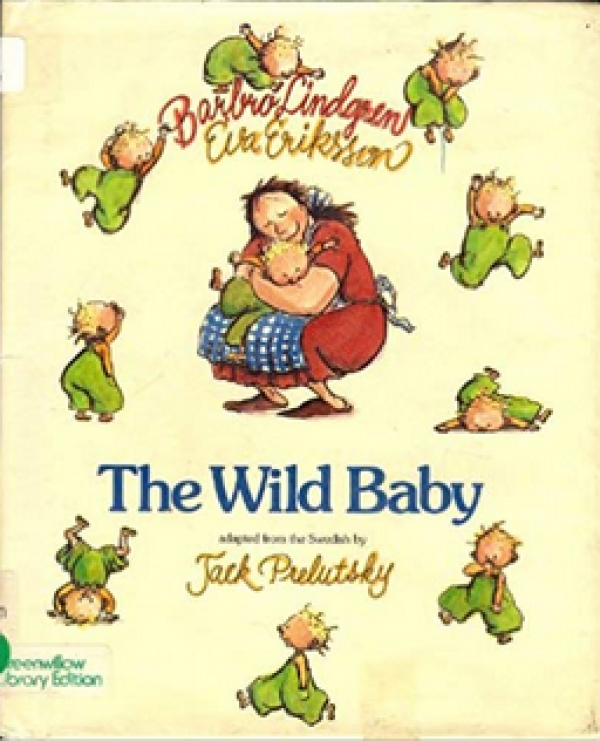These early relationships, like all of those throughout your life, are co-created – you’re an active partner. It is perhaps surprising to know that much of this happened while you were still unable to think or speak in words, and that how you responded to your experience is more important than the exchanges and events that actually occurred. You, before you were able to think and consider as you do now, made deep and enduring responses to your earliest carers and the way they interacted with you. You continue to respond and react in relationship according to those early patterns.
Peter Fonagy, with others, did a great deal of research about the developing mind, the way we come to think about things. He found that, for infants and small children, the inside and outside of the world of the small self are the same: all parts of the child’s experience. There is no understanding that the child is separate from what occurs. Wallin says: “When treated badly, we are likely to feel we are bad, and feeling that we’re bad, we “know” that we will be treated badly.” Of course, the reverse is also true.
What we know now is that it is important for parents to think about what the child may be feeling and to respond to that, trying to understand and to show that they want to make things better. Over time this helps the little one know him or herself as someone separate but one whose feelings and responses can be recognised and shared with another. Here are the beginnings of a relationship based on respect for the small being. It allows growth and development in safety as the main carers are experienced as safe haven, secure base – a place to go out from because it is there to return to at need.
This is the beginning of what is known as secure attachment.





